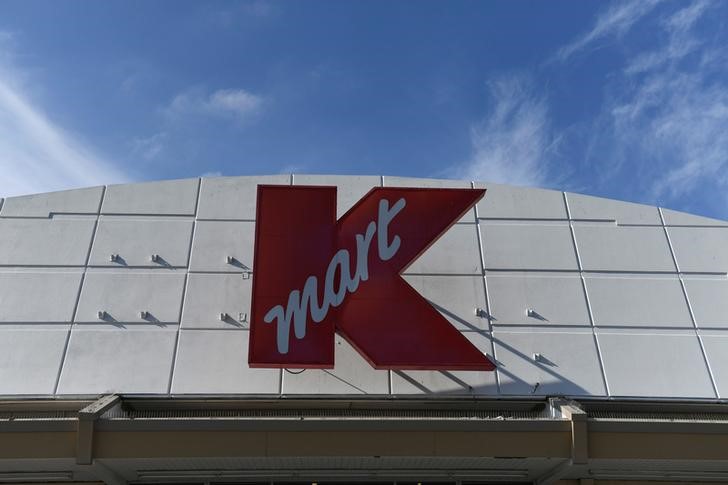By Byron Kaye and Roushni Nair
(Reuters) -Australia's biggest listed conglomerate Wesfarmers Ltd booked a better-than-expected interim profit as a post-lockdown rebound at its Kmart chain offset a sluggish performance from its hardware stores, sending its shares higher.
The result from Australia's 12th-largest company by market capitalisation showed the benefit of a diversification strategy spanning pharmacies to industrial fertiliser as surging materials costs, rising interest rates and persistent extreme weather events batter the economy.
For years Wesfarmers has made most of its profit from hardware chain Bunnings, while budget department store Kmart, which is unrelated to U.S. Kmart, struggled through mandatory COVID-19 closures and the explosion of online shopping.
That flipped in the six months to end-December, when a doubling of pre-tax profit from Kmart, which spent much of the previous corresponding period under lockdown, helped push group profit up 14% to A$1.38 billion ($963 million), bettering analyst forecasts of about A$1.2 billion.
Pre-tax profit from Bunnings grew just 1.5% as heavy rainfall and flooding on Australia's densely-populated east coast constrained sales. Bunnings contributed 60% of profit in the half-year, down from 70% in the same period a year earlier.
While not giving specific profit guidance, Wesfarmers warned cost pressures and supply-chain bottlenecks were likely to continue in the half year to June, but pointed to factors that could boost Bunnings sales.
"What we do know is that when times get tough for households and they may not be spending as much money on luxury items such as travelling and eating out, they spend more time at home," Wesfarmers CEO Rob Scott said on a media call.
"They inevitably will spend more money on their home, and that means spending more money at Bunnings."
Wesfarmers shares rose as much as 4% after the result and eased to trade up 1% by mid-session, against a 1% decline on the broader market, as analysts backed the company's ability to grow profit through multiple economic headwinds.
"This should be enough for Wesfarmers to hold onto its good share price gains since the start of (2023) despite increasing concerns around the outlook for consumer spending," E&P Financial analyst Phillip Kimber said in a client note.
($1 = 1.4329 Australian dollars)
